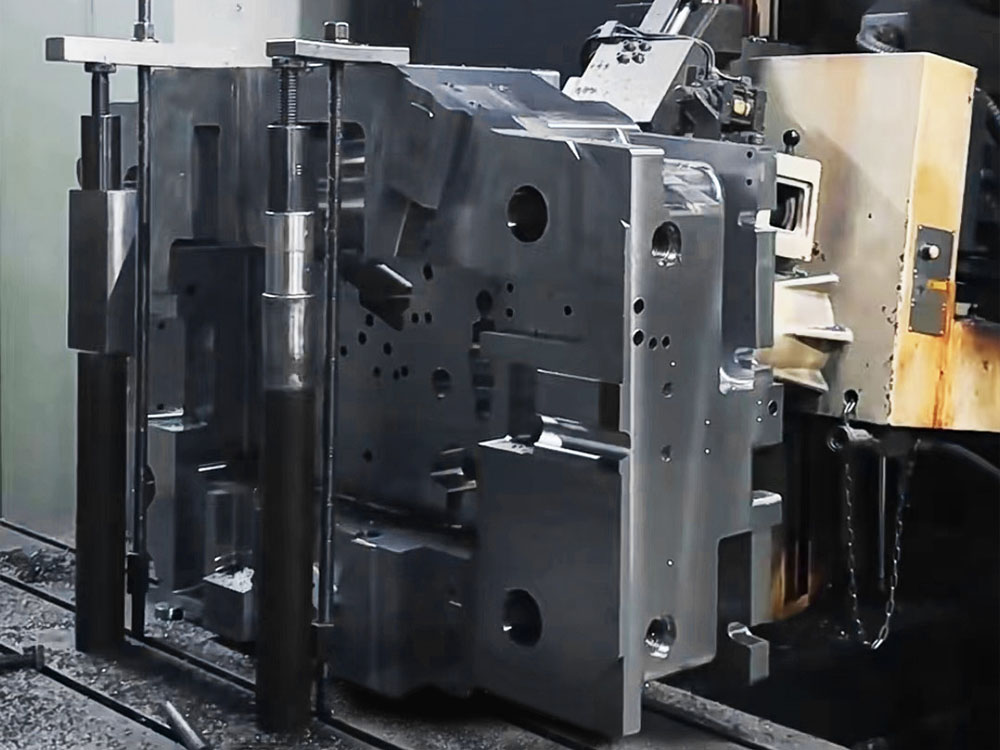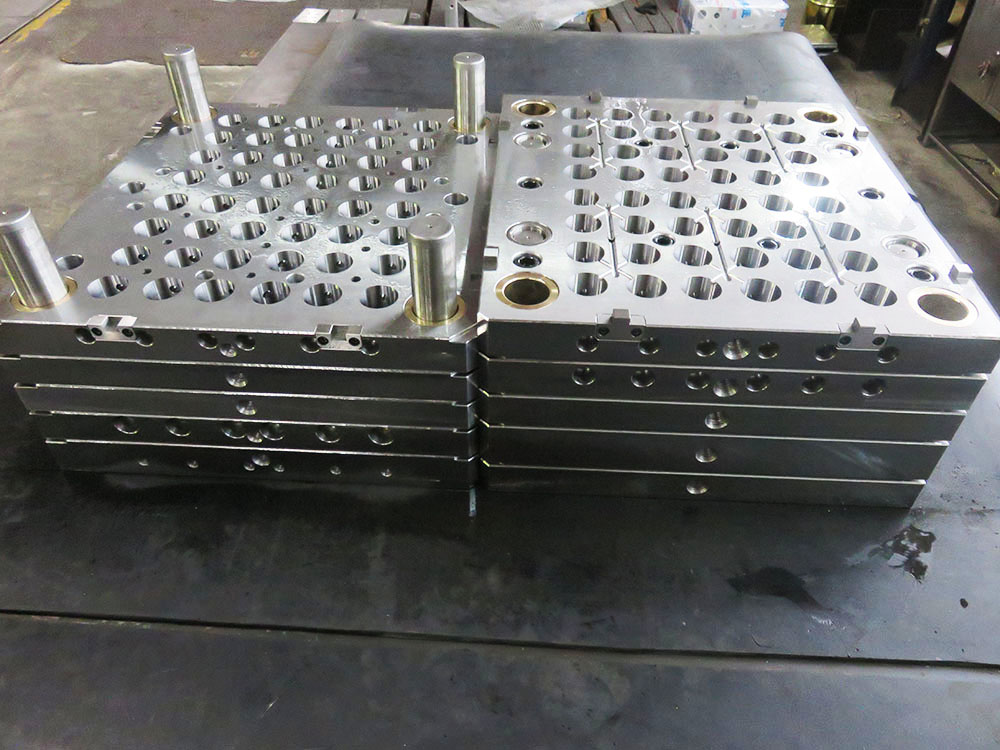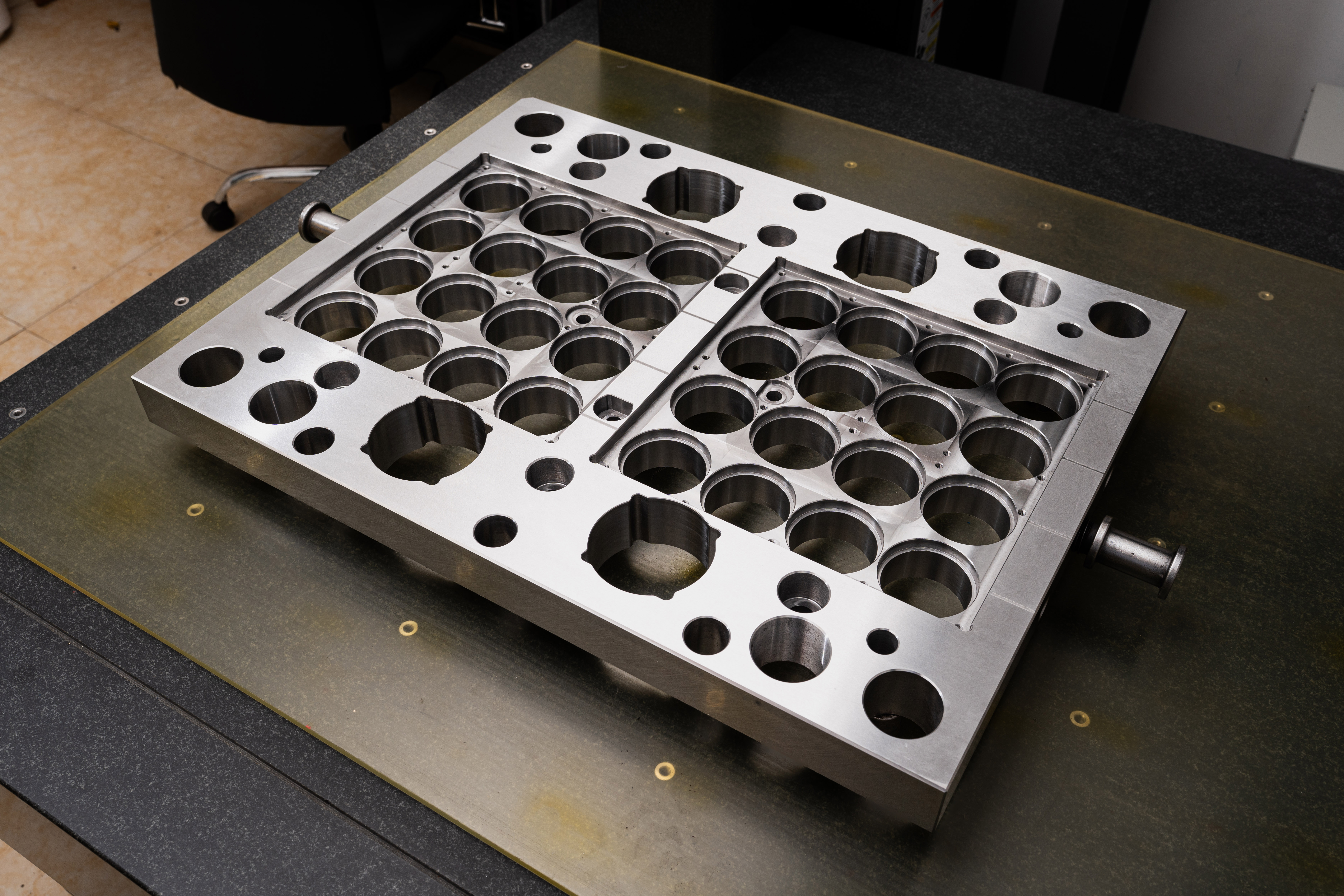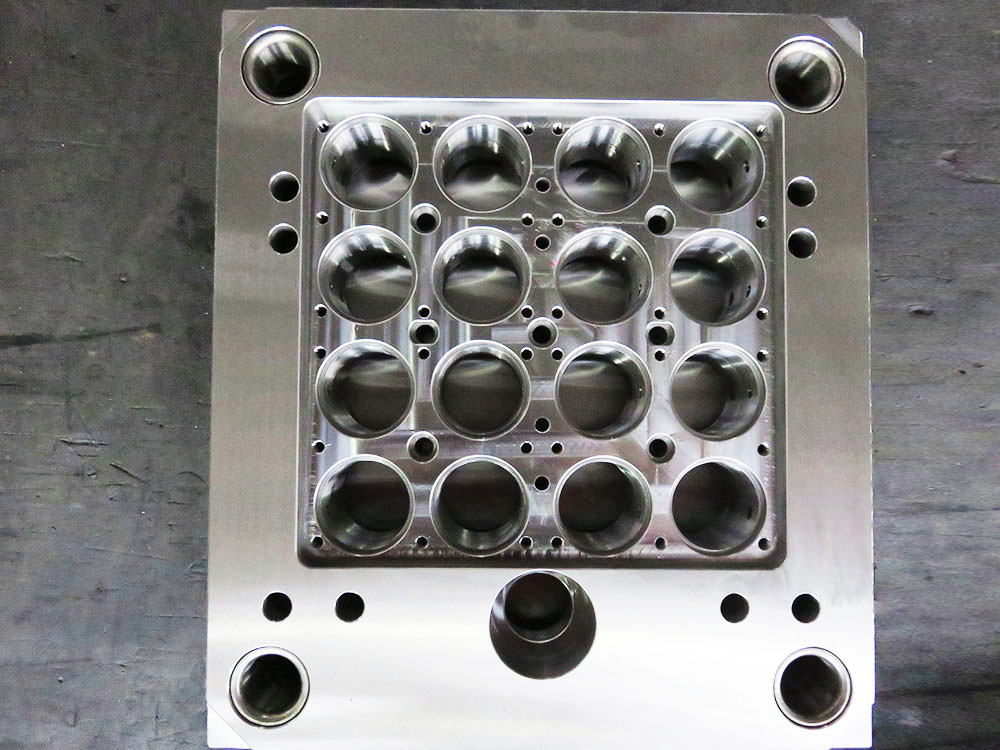Working as a Model Maker: How is the Job?
Introduction
Working as a model maker in the mold base industry can be both challenging and rewarding. This profession requires a high level of precision, technical expertise, and attention to detail. In this article, we will explore the various aspects of the job, including the skills required, the daily tasks involved, the challenges faced, and the rewarding aspects of being a model maker in the mold base industry.Skills Required
A model maker in the mold base industry needs to possess a wide range of skills to excel in the job. Firstly, a strong foundation in engineering and technical knowledge is essential. This includes understanding various mold designs, materials, and manufacturing processes. A model maker should also have excellent manual dexterity and hand-eye coordination to work with precision tools and equipment.
In addition, proficiency in computer-aided design (CAD) software is a must. Model makers often use CAD software to create and modify 3D models of molds. Being familiar with the latest software and techniques allows for more efficient and accurate work.
Finally, effective communication and problem-solving skills are crucial. Model makers often collaborate with engineers, designers, and clients to understand their requirements and make necessary adjustments to the mold design. The ability to communicate ideas effectively and find creative solutions to challenges is vital in this role.
Daily Tasks
A model maker's daily tasks may vary depending on the specific project and stage of production. However, there are some common tasks that model makers typically perform.
The first step in mold base manufacturing is typically creating a 3D model of the mold. Using CAD software, the model maker translates the design specifications into a digital model. This involves precise measurements, analyzing material specifications, and ensuring compatibility with the manufacturing process.
Once the 3D model is ready, the model maker moves on to the physical manufacturing of the mold base. This involves using various tools and machinery to shape, cut, and assemble the mold components. Attention to detail is crucial during this stage to ensure the final product meets the design specifications accurately.
Model makers also carry out quality control inspections at multiple stages of the manufacturing process. This includes checking measurements, verifying material quality, and inspecting the final product for any defects or imperfections.
Challenges Faced
Working as a model maker in the mold base industry comes with its fair share of challenges. One of the primary challenges is maintaining a high level of precision and accuracy throughout the manufacturing process. Even a small error during the design or manufacturing stage can have significant consequences on the final product's functionality and performance.
Another challenge is the tight deadlines often associated with mold base manufacturing. Model makers need to work efficiently while ensuring quality to meet strict project timelines. This requires effective time management skills and the ability to handle pressure.
Additionally, advancements in technology and changing customer requirements mean that model makers need to continuously update their skills and stay abreast of the latest industry developments. This requires a commitment to continuous learning and professional development.
Rewarding Aspects
Despite the challenges, working as a model maker in the mold base industry can be highly rewarding. Seeing a 3D design come to life and transforming it into a tangible product is a fulfilling experience. Model makers play a crucial role in the manufacturing process, contributing to the development of various industries such as automotive, aerospace, and consumer goods.
The job also provides opportunities for professional growth and advancement. Experienced model makers often have the chance to work on more complex and challenging projects, further honing their skills and expanding their knowledge.
Moreover, the mold base industry offers competitive salaries and benefits for skilled model makers. The demand for skilled professionals in this field is expected to grow, creating new job opportunities and potential career advancements.
In conclusion, working as a model maker in the mold base industry is indeed challenging but rewarding. The job requires a blend of technical expertise, precision, and problem-solving skills. Despite the challenges, model makers have the opportunity to contribute to the manufacturing process and see their designs come to life. With a commitment to continuous learning and professional development, this profession offers a promising and fulfilling career path.




